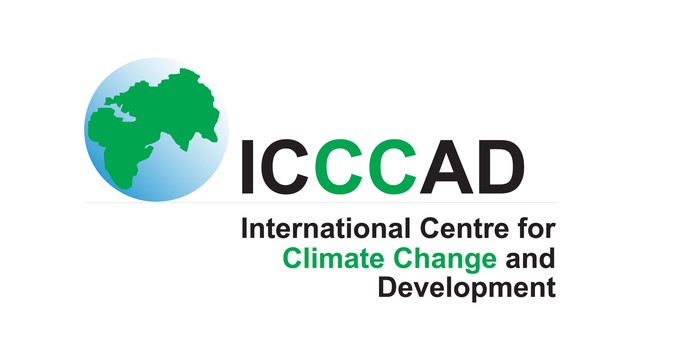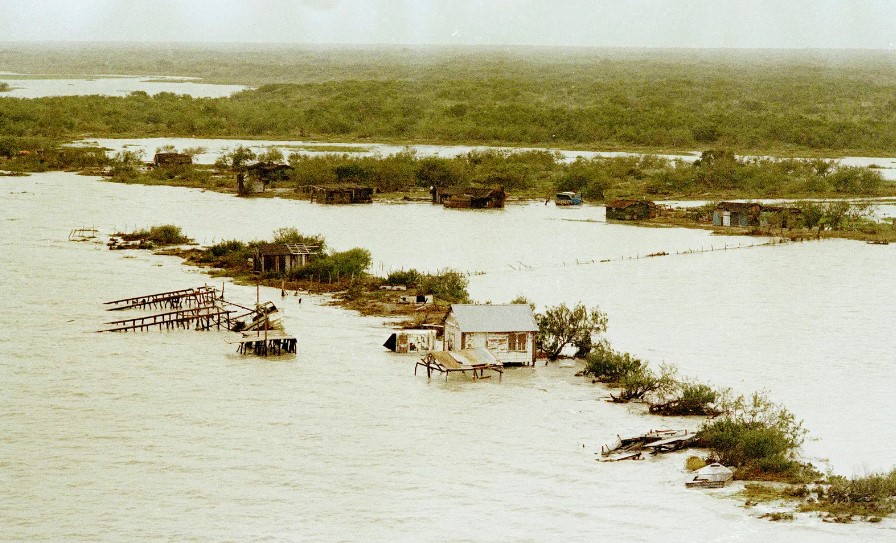Shahanaz Ali’s life has been a continuous struggle against cyclones. Her family fled their home in 1970 due to Cyclone Bhola, one of the deadliest storms in history, which claimed up to 500,000 lives, including her grandparents. The inadequate response by the Pakistani government at the time contributed to Bangladesh’s war of independence a year later.
Located on the Ganges-Brahmaputra delta, Bangladesh is highly susceptible to climate change due to its low-lying geography. A recent report by the International Centre for Climate Change and Development (ICCCAD) reveals that the country is nearing its adaptation limits for extreme weather. Bangladesh has faced 185 extreme weather events from 2000 to 2019, including cyclones, heatwaves, and floods.
Despite these challenges, Bangladesh has made notable progress. Since 2005, it has been a leader in climate adaptation, with improved policies and initiatives saving millions of lives. For example, the death toll from cyclones has dropped significantly from 500,000 during Cyclone Bhola in 1970 to 35 in Cyclone Sitrang in 2022.

However, ICCCAD’s report warns that even under a low-emission scenario, Bangladesh could experience significant warming and increased flooding risks. The country faces gaps in grassroots implementation and policy effectiveness. In response, Ali, now in Barishal, has joined the Hatkhola Squad, a female-led disaster-response team. These women educate their communities on preparation and evacuation, challenging cultural norms and enhancing local resilience.
Yet, the team’s efforts are constrained by limited funding. The ICCCAD report, dedicated to Prof Saleemul Huq, calls for increased national and international action to support Bangladesh’s adaptation efforts. The government spends about 7% of its budget on climate adaptation, but scaling up requires significantly more investment. The recent global loss-and-damage fund is seen as inadequate, with concerns over its loan-based structure.
Bangladesh is pushing for more effective international support and is exploring innovative financing mechanisms. Environment Minister Saber Chowdhury emphasizes that the climate crisis transcends borders and requires a united global response to mitigate its impacts.

